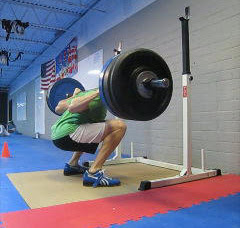Thursday, September 20, 2007
Correlation Does Not Equal Causation
Gary Taubes, author of "The Soft Science of Dietary Fat", "What if it's all been a big fat lie?", and the forthcoming book "Good Calories, Bad Calories", recently wrote an excellent article for the New York Times entitled "Do We Really Know What Makes Us Healthy?". The article discusses the successes and failures of epidemiological studies, the kind that produce results like "Saturated fat increases the risk of heart disease" or "H.R.T. in post-menopausal women decreases the risk of osteoporosis". They are broken down into two types of studies. The first, which are strictly observational, are the kinds that you hear about the most in the media, and which provide the foundation for the majority of public health "knowledge". The second, which are ideally double-blind, randomized clinical trials, try to control as many variables as they can to either prove or disprove an observation or set of observations obtained from the first study. The issue, as Taubes elegantly explains, is that neither can determine causation, and the types that would provide meaningful results are so costly, time consuming, and likely un-ethical, that it is unrealistic to expect that they will ever be performed. It's a great read, and really puts the issue of public health information into perspective. His book comes out at the end of this month; I am anxiously awaiting its release.
Subscribe to:
Post Comments (Atom)


No comments:
Post a Comment